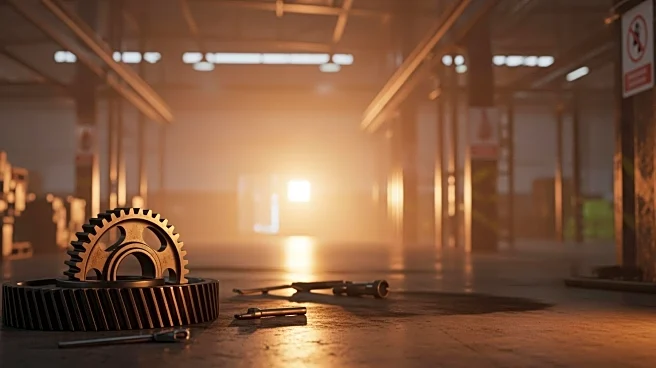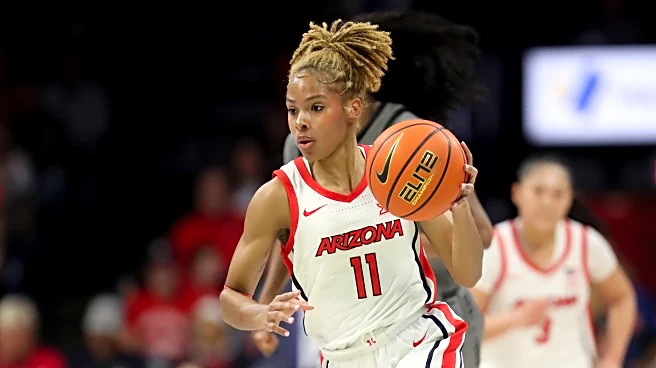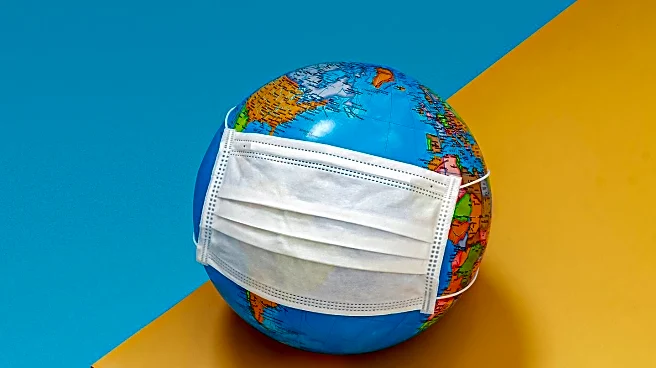What's Happening?
OpenAI is venturing into the AI music market with a new tool capable of generating original music from text and sound prompts. This initiative involves collaboration with Juilliard School students to label musical scores for training data. The tool aims
to assist users in tasks such as adding instruments to melodies or creating background music for videos, potentially integrating with OpenAI's existing products like ChatGPT. The AI music market, valued at $440 million in 2023, is projected to grow to $2.8 billion by 2030. However, the entry of OpenAI into this space highlights ongoing legal battles, as major music labels have sued companies like Suno for allegedly using copyrighted recordings without permission.
Why It's Important?
The expansion of AI-generated music presents significant implications for the music industry, particularly concerning copyright and intellectual property rights. As AI tools become more prevalent, they challenge traditional music production methods and raise questions about ownership and profit-sharing. The legal disputes underscore the need for clear regulations to protect artists and labels. OpenAI's involvement could accelerate innovation in music creation, offering cost-effective solutions for content creators. However, it also necessitates addressing ethical concerns and establishing fair use standards to ensure the sustainable growth of AI in music.
What's Next?
The music industry is likely to see increased scrutiny and potential regulatory actions as AI-generated content becomes more widespread. Stakeholders, including artists, labels, and tech companies, will need to navigate complex legal landscapes to define fair use and copyright protections. OpenAI's tool could influence how music is produced for various media, but its success will depend on resolving these legal challenges. The industry must balance innovation with ethical considerations to foster a collaborative environment that benefits all parties involved.
Beyond the Headlines
The rise of AI in music creation could lead to a cultural shift in how music is perceived and consumed. As AI tools democratize music production, they may empower independent artists and diversify the types of music available to audiences. However, this technological advancement also poses risks of homogenization and loss of artistic authenticity. The industry must consider the long-term impact of AI on cultural heritage and artistic expression, ensuring that technological progress does not undermine the value of human creativity.
















